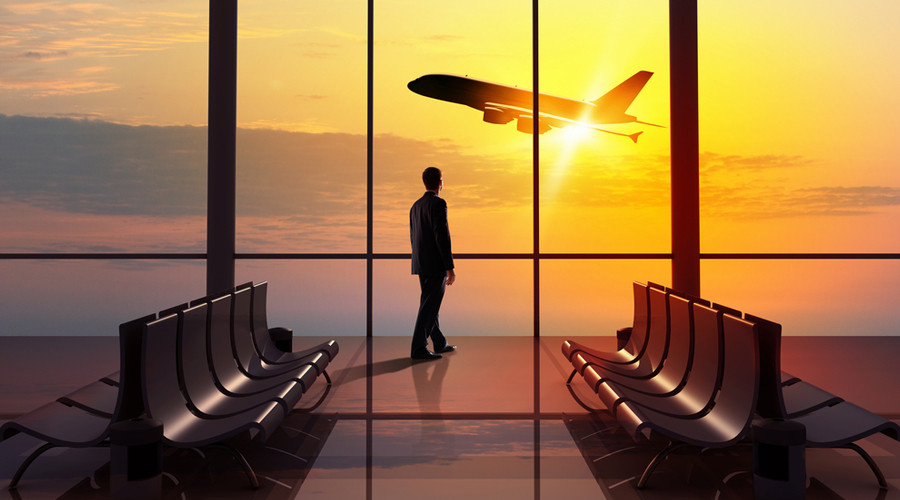Air India’s privatisation was meant to turn around the fortunes of the country’s longtime national carrier. Instead, two recent instances show just how far the airline and the aviation sector more broadly need to travel to sober up to the reality that more than their finances, they need to address their attitude towards passengers, rules and basic human decency. In November, an inebriated man urinated on an elderly female co-passenger on the carrier’s longhaul New York-New Delhi flight. Yet, he was allowed to leave the plane and the airport without consequence. Only after the woman escalated her concerns to the top brass of the Tata Group, which now owns Air India, did the airline take any action, and that too with only a 30-day fly ban for the man. A second case has since come to light, of another drunk male passenger urinating on a female co-passenger’s blanket during a Paris-New Delhi Air India flight in December. On this occasion too, the guilty party was allowed to leave the airport after, reportedly, submitting a written apology to the lady.
India’s aviation regulator has now threatened action against Air India and its staff for failing to comply with rules for unruly passengers which include a minimum three-month fly ban. But the damage has been done — to the victims, to the credibility of Indian aviation, and to the brand of Air India. The private employer of the male passenger involved in the November incident has reportedly fired him and he has been arrested. That Air India did not take similarly decisive action immediately reflects an institutional failure on the airline’s part that will no doubt hurt its standing with other passengers. But the incidents also reveal a deeper Indian malaise. Far too often, when people — especially men — engage in unacceptable behaviour in public, victims are encouraged to quietly seek a ‘compromise’ instead of seeking justice. In a country where few trust the rule of law, victims who are weaker often feel that an apology is the best they can expect. That strengthens a culture of impunity for the powerful and wealthy who know that they can get away with almost anything. This must change. No civilised society, leave alone a proud democracy, can simply hold its nose, accept such transgressions, and move on. The odour has now reached the skies. There must be consequences.










